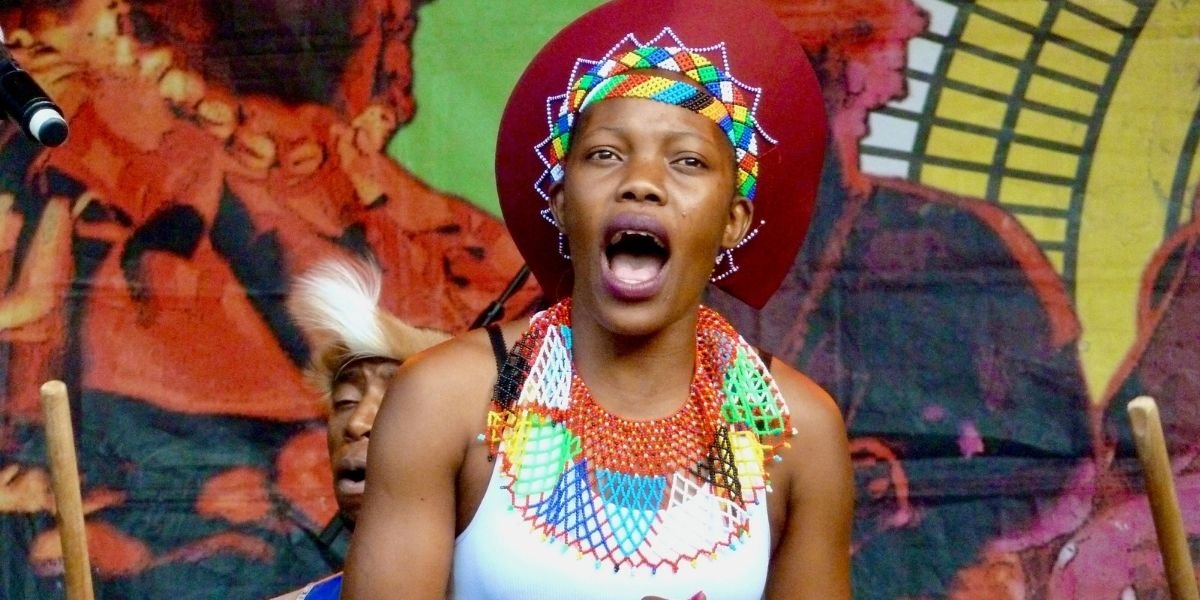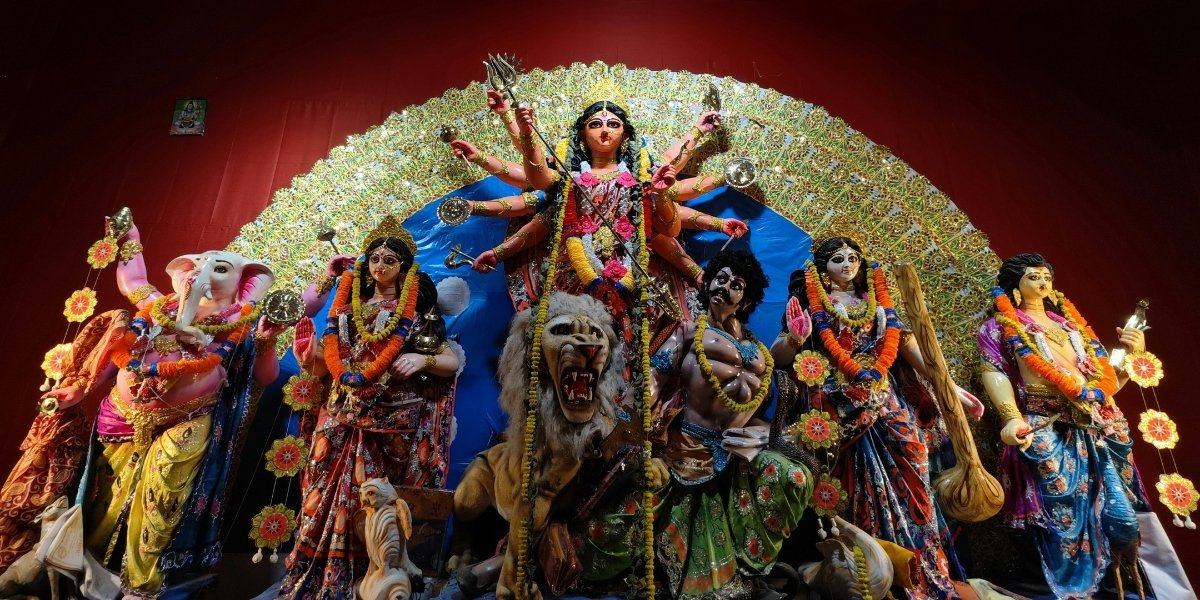Historical Roots and Influences
Afrobeat, a genre that fuses West African musical traditions with American funk, jazz, and Caribbean calypso, originated in the 1960s in Nigeria and Ghana. At its core, Afrobeat blends the rhythmic complexity of Yoruba rhythms and highlife music with the energetic spirit of African drum-based traditions. This fusion was revolutionary, pushing the boundaries of traditional African music into new and experimental territory.
The emergence of Afrobeat was deeply intertwined with the socio-political climate of post-colonial Africa. As African nations gained independence from colonial powers, a cultural renaissance emerged, with Pan-Africanism at the forefront. Afrobeat not only represented a sound but a movement—a celebration of African identity, pride, and solidarity. Artists used the genre to question political leadership and the inequalities that persisted after independence, making Afrobeat an essential vehicle for social and political change.
The influence of American funk and jazz cannot be overstated. The complex grooves and improvisational aspects of these genres were incorporated into Afrobeat’s rhythmic structures, creating a dynamic fusion that resonated with both African and international audiences. Similarly, Caribbean calypso, with its rhythmic syncopation, added further depth to Afrobeat’s unique sound.
The Signature Sound
Afrobeat’s signature sound is defined by its hypnotic polyrhythms, expansive instrumentation, and infectious groove. Central to the genre is the interplay between drums, percussion, and bass, which provides the foundation for the entire sound. The rhythms are often intricate and layered, creating a complex yet fluid feel that can take listeners on a journey of continuous movement.
One of Afrobeat’s most distinctive features is its use of call-and-response vocals. This style, often led by the lead singer and echoed by the backing vocals, creates a sense of community and engagement within the music. The vocal lines are often interspersed with instrumental breaks, further accentuating the rhythm and building momentum.
Another hallmark of Afrobeat is its prominent horn section, which includes instruments like the saxophone, trumpet, and trombone. These brass instruments contribute to the genre’s powerful, energetic feel, often delivering riffs and melodies that mirror the vocal lines or engage in dynamic solos.
The electric organ is another key element of Afrobeat’s sonic palette, adding texture and harmonic depth to the music. Combined with Afrobeat’s lengthy instrumental jams, which can stretch for several minutes, these elements create a unique groove that is as intellectually stimulating as it is physically compelling.
Fela Kuti: The Pioneer and Icon
No discussion of Afrobeat would be complete without acknowledging the towering influence of Fela Kuti, the genre’s founder and the movement’s most iconic figure. Fela’s music and message transcended mere entertainment; they became a tool for activism and social change.
Fela Kuti’s music was deeply political, and his lyrics often challenged the injustices of both Nigerian governments and global powers. His fearless critique of corruption, neocolonialism, and oppression earned him a reputation as a revolutionary figure, both in Nigeria and globally. Through songs like “Zombie” and “Water No Get Enemy”, Fela’s music became a rallying cry for the oppressed, encouraging social consciousness and mobilizing resistance.
Fela’s Kalakuta Republic, a commune he established in Lagos, was a physical manifestation of his artistic and political beliefs, where he rejected societal norms and governmental control. His stage presence was electric, filled with energy and boldness, which inspired generations of artists to use their platform to address issues of social and political importance.
Fela’s influence on Afrobeat cannot be overstated—his musical genius, activism, and commitment to African identity laid the foundation for the genre’s global expansion and its continued relevance in contemporary music and culture.
The Evolution and Subgenres

Photo Credit: Unsplash.com
Since its inception, Afrobeat has evolved and diversified, giving rise to several subgenres that reflect the genre’s adaptability and global appeal. While Fela Kuti’s music was firmly rooted in the traditions of African rhythms and jazz fusion, the genre has continued to evolve, absorbing influences from funk, soul, hip-hop, and even electronic music.
One of the most prominent subgenres to emerge is Afrobeat fusion, where artists blend the rhythms and structures of Afrobeat with other genres. This fusion has led to the creation of Afro-fusion, a contemporary style that incorporates modern pop and R&B influences while maintaining the core principles of Afrobeat. Artists like Burna Boy, Wizkid, and Mr Eazi have successfully integrated Afrobeat into the global music scene, with their music gaining massive international recognition.
Afrohouse, another subgenre, incorporates the rhythms of Afrobeat into electronic dance music, creating a fusion that is popular in nightclubs and festivals across the world. The rise of these subgenres has helped expand Afrobeat’s reach, ensuring that its influence is felt in both mainstream and underground music scenes worldwide.
Social and Political Commentary
Afrobeat music has always been a vehicle for social and political commentary. From its inception, the genre has been deeply intertwined with the struggles for justice, freedom, and equality. Fela Kuti’s lyrics often tackled issues such as corruption, poverty, and the disempowerment of the African people. His unapologetic approach to addressing these topics earned him both admiration and animosity.
Afrobeat continues to function as a powerful voice for the voiceless, with modern artists like Yemi Alade and Davido using their music to address socio-political issues ranging from corruption and economic inequality to human rights and gender equality. The genre’s message is clear: it is not just about entertainment but about using music as a tool for raising awareness and sparking change.
Global Impact and Influence
Afrobeat’s global reach has expanded dramatically over the past few decades. The genre has transcended its African origins, resonating with audiences worldwide, particularly in the United States, Europe, and beyond. Afrobeat’s influence can be heard in hip-hop, R&B, pop, and even electronic music, where artists often incorporate Afrobeat rhythms, horns, and vocal styles.
International collaborations have played a key role in spreading Afrobeat globally. Notable partnerships include Beyoncé’s collaboration with Wizkid on the hit song “Brown Skin Girl”, and Drake’s use of Afrobeat rhythms in several of his tracks. These collaborations not only highlight Afrobeat’s growing influence but also showcase its ability to adapt and merge with other global music trends.
Afrobeat festivals and concerts have become international events, with artists touring across the globe and reaching diverse audiences. The genre’s widespread appeal reflects its universal messages of unity, empowerment, and resistance, which resonate with people from all walks of life.
The Cultural Significance
Beyond its musical impact, Afrobeat has become a powerful symbol of African identity, creativity, and resilience. It represents the voice of the African diaspora, celebrating the continent’s cultural richness and its ability to influence the global cultural narrative.
Afrobeat’s cultural significance extends beyond music to include fashion, dance, and language. Its vibrant, energetic performances and bold stage presence reflect the confidence and strength of African culture. The genre has fostered a sense of pride in African heritage, not just within the African continent but also in communities of African descent around the world.
The growing popularity of Afrobeat is a testament to the power of music as a unifying force, bridging gaps between cultures and continents. As Afrobeat continues to evolve and inspire, it serves as a reminder of the enduring power of music to drive change, tell stories, and foster a sense of global unity.
Afrobeat is more than just a genre—it is a movement that continues to shape the global music landscape. From its roots in African rhythms and jazz to its socio-political messages and global influence, Afrobeat has become a cultural phenomenon that transcends borders, languages, and genres. The genre’s enduring legacy, fueled by icons like Fela Kuti and carried forward by new generations of artists, ensures that Afrobeat will remain a vibrant force in music for years to come.















